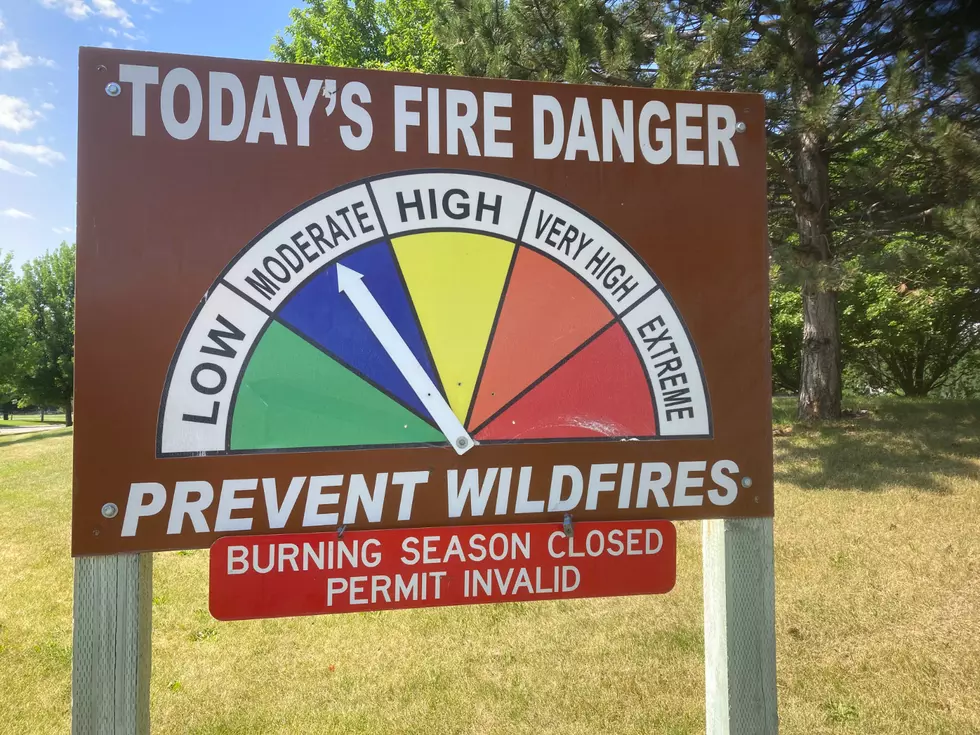
Montana’s Fire Season May Not Be As Bad As We Feared
A lot will depend on Montana's wettest month.
But the first look at the upcoming fire season in the Northern Rockies suggests this summer's danger might not be as bad as we feared during the dry winter of '23-'24.
At least that's the tone of the April 1st update on the fire risk from the Predictive Services forecasters at the National Interagency Fire Center in Boise.

A first look at summer fires
The NFIC's April 1st report is always important because it offers the first analysis of what the Northern Rockies' fire season could be through mid-summer. The report analyses everything from mountain snowpack, resulting runoff, and precipitation, to the long-term weather models heading into summer.
READ MORE: UM researchers see Montana rivers in peril with no snow
Emerging from a dry winter
This year, there's been a concern because of the "snow drought", which resulted in not only low snowpack and runoff forecasts but fears about the overall lack of moisture allowing forest fuels to be drier than we would hope coming out of winter.
But the NFIC forecasters say recent cold and wet weather, especially in Eastern Montana and North Dakota, helped to mitigate the dry conditions, with drought improvement for Western Montana and Northern Idaho.
Watching May moisture
While the forecasters say there are still "abnormally dry conditions", the weakening El Nino ocean current suggests more rain is coming in May, with "neutral" conditions setting up, followed by La Nina currents sometime between June and August. While drought may expand, with hotter and drier conditions in mid-summer, La Nina may send more moisture into the region when it's needed most, later in the summer.
The NFIC says the potential for "significant wildland fires" should be "normal" through July, as long as the forecasted moisture comes through May.

Looking Back at One of Montana's Most Explosive Fires
Gallery Credit: Dennis Bragg
